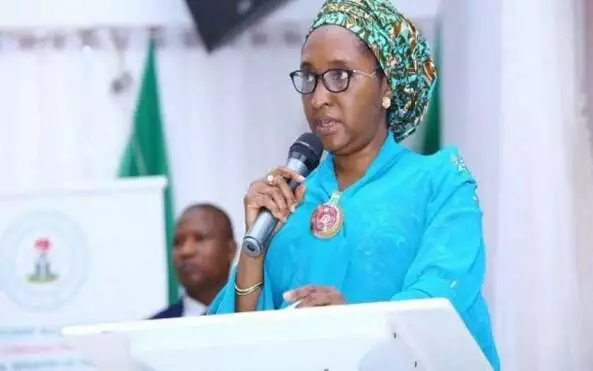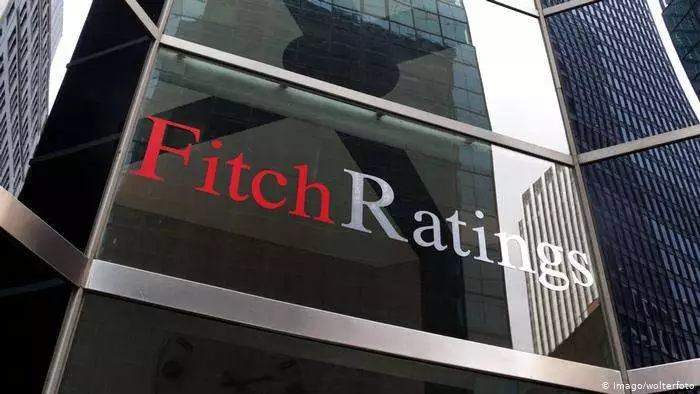Globally rated agency Fitch Ratings has slammed the federal government for borrowing recklessly from the Central Bank of Nigeria, CBN. The renowned agency noted that the systemic borrowing from the apex bank has increased astronomically in the last three years.
The President Muhammadu Buhari’s government has abused the CBN Ways and Money Means, WMF facility, borrowing so much without paying back as required by the law, the agency said in its report titled ‘Nigeria’s Deficit Monetisation May Raise Macro. Stability Risks’.
The enabling CBN Acts allows the government to borrow from the apex bank to finance fiscal deficit, but the agency said the Federal government has violated the law by borrowing as much as 80 per cent of the total budget estimates within the period, above the CBN threshold of five per cent.
From the over N5trillion borrowed to finance the 2018 budget, the figure rose to over N9 trillion in the 2019 and has been on the steady rise, the agency said.

The Minister of Finance, Budget and National Planning, Zainab Ahmed said the government will still borrow more, adding however, that the debt to CBN will now be converted to tradable commodities.
According to the agency “We estimate that the balance of the government’s WMF with the CBN was around NGN9.8 trillion (6.7% of GDP) at end-2019, up from NGN5.4 trillion (4.2% of GDP) at end-2018. Unlike the government, we include this balance in our metrics for Nigeria’s government debt. Borrowing from the facility accounted for 30% of the FGN’s debt at end-2019, on our estimates.
“Repeated central bank financing of government budgets could raise risks to macro-stability in the context of weak institutional safeguards that preserve the credibility of policymaking and the ability of the central bank to control inflation.
“The CBN’s guidelines limit the amount available to the government under its WMF to 5% of the previous year’s fiscal revenues. However, the FGN’s new borrowing from the CBN has repeatedly exceeded that limit in recent years, and reached around 80% of the FGN’s 2019 revenues in 2020.
“The CBN’s guidelines require borrowing under the WMF to be repaid in the year in which it was granted. The government has stated its intention to securitise balances borrowed under the facility, but published statistics indicate that the amounts borrowed have been rolled over repeatedly in recent years.”
“Data published by the government indicate that the treasury paid NGN912.6 billion on the facility in 2020, equivalent to 9% only of the outstanding balance at end-2019. The government has opted to use this source of financing, despite ample liquidity on its domestic debt markets, as illustrated by negative real yields.
“Our understanding is that its ability to borrow from domestic debt markets is constrained by the authorisation granted by parliament in the budget law. The repeated resort to CBN thus reflects higher-than-expected deficits, pointing to entrenched weaknesses in public finance management,” Fitch said.
Discover more from The Source
Subscribe to get the latest posts sent to your email.








